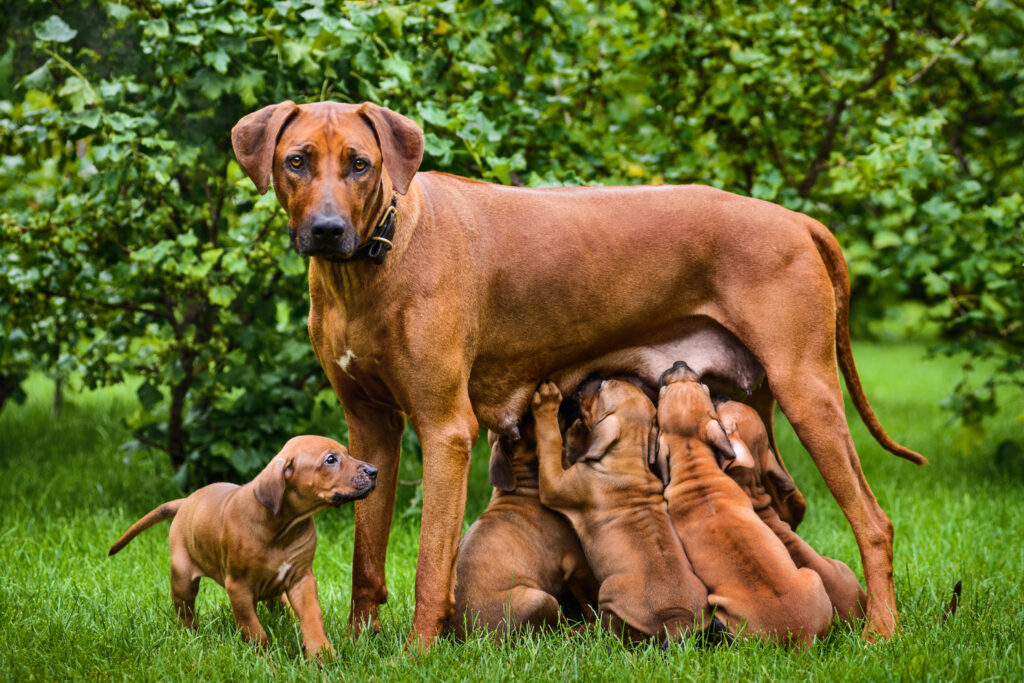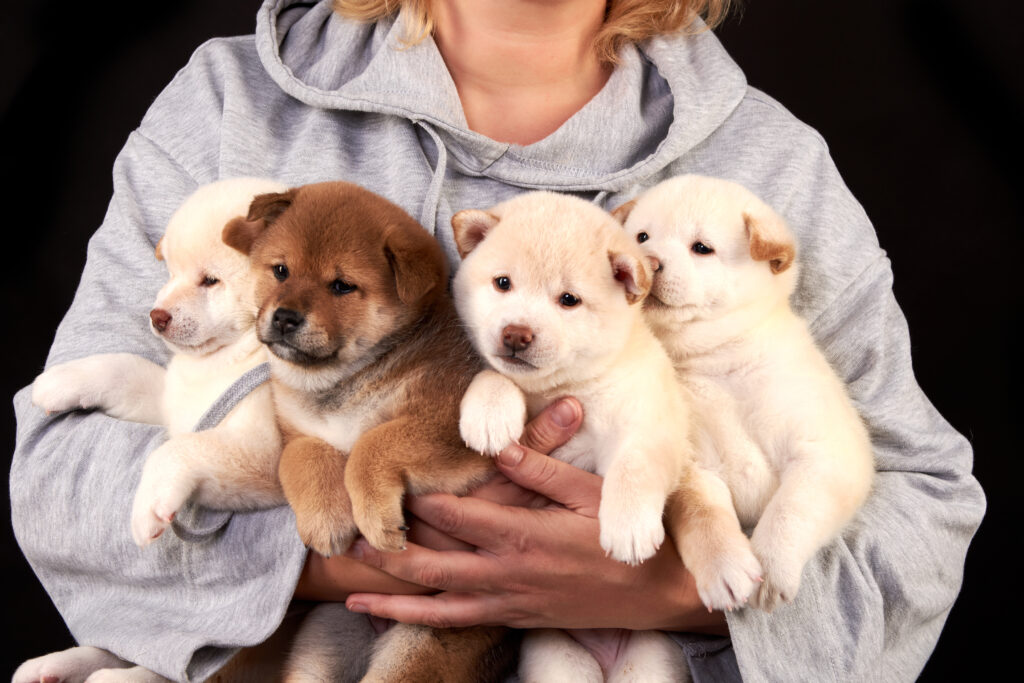Vaccination is a crucial part of ensuring your puppy’s health and well-being. Puppies typically need a series of vaccinations during their first year to protect them from various infectious diseases.
Contents
hide
Here’s a breakdown of when puppies should be vaccinated and the key vaccines they need…
Vaccination Schedule
Initial Vaccines (6-8 Weeks Old)
- Core Vaccines – Puppies should receive their first vaccinations between 6 and 8 weeks of age. This usually includes:
- Distemper
- Parvovirus
- Adenovirus (Canine Hepatitis)
- Parainfluenza
Booster Shots (10-12 Weeks Old)
- Second Round – A second set of vaccinations is typically administered at 10 to 12 weeks. This usually includes:
- DHP (Distemper, Hepatitis, Parvovirus) combination vaccine
- Bordetella (Kennel Cough) may also be given if your puppy is at risk (e.g., if you plan to board them or take them to dog parks).
Final Boosters (14-16 Weeks Old)
- Final Vaccination Series – The last round of core vaccines is given at 14 to 16 weeks. This usually includes:
- DHP combination vaccine (often a final booster)
- Rabies vaccine is also typically given at this age, as it is required by law in many areas.
Annual Boosters
- After the initial series, puppies will need booster vaccinations typically every 1 to 3 years depending on the vaccine and your veterinarian’s recommendations.
Importance of Vaccination
- Prevent Disease – Vaccines help protect against serious and potentially fatal diseases such as distemper, parvovirus, and rabies.
- Herd Immunity – Vaccinating your puppy not only protects them but also helps prevent the spread of diseases within the dog community.
Consultation with a Veterinarian
- Tailored Vaccination Plan – It’s important to consult with a veterinarian to establish a vaccination plan tailored to your puppy’s specific needs, lifestyle, and risk factors.
- Health Assessment – Your vet will assess your puppy’s overall health and may recommend additional vaccines based on your puppy’s environment and exposure risk.
Socialization and Precautions
- Early Socialization – While vaccinations are crucial, early socialization is also important. You can safely socialize your puppy with vaccinated dogs and expose them to various environments before they complete their vaccine series. Consider puppy classes that require vaccinations to ensure a safe environment.
- Avoid High-Risk Areas – Until your puppy has completed their vaccinations, avoid taking them to places where unvaccinated dogs frequent, such as dog parks or pet stores.
Puppies should receive vaccinations starting at 6 to 8 weeks of age, with follow-up vaccinations typically administered every few weeks until they are about 14 to 16 weeks old. Consulting with a veterinarian will help you create a vaccination schedule tailored to your puppy’s needs and ensure they are protected from preventable diseases. Keeping up with vaccinations is a vital part of responsible pet ownership that contributes to your puppy’s long-term health!


